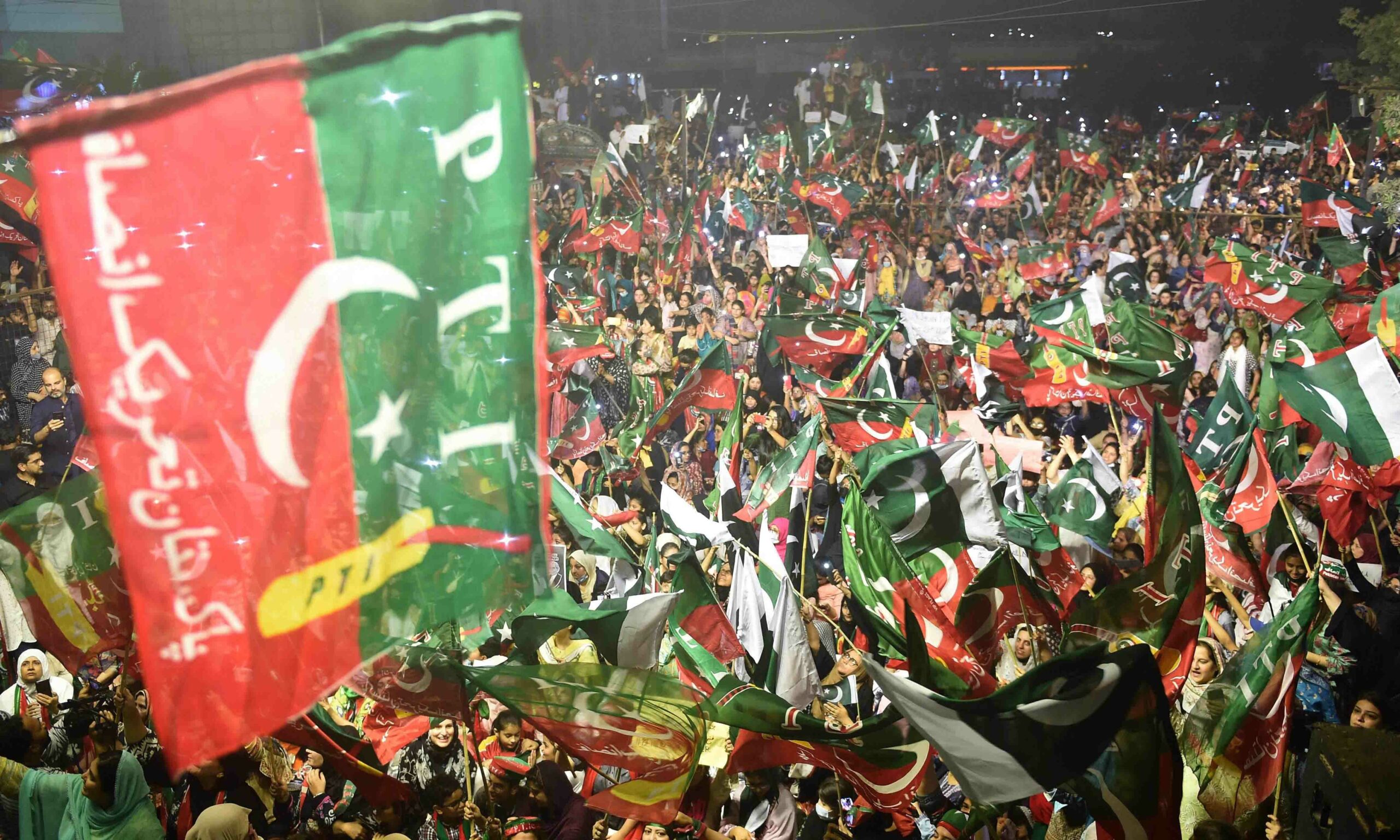Bilawal Kamran
Republic Policy is founded on the idea of building a true “Republic” in Pakistan—where the people genuinely rule, democracy is strengthened, and political parties operate with internal transparency, ideological clarity, and functional organizational structures. In pursuit of this vision, Republic Policy has consistently provided principled critiques and analyses of political parties and leadership. Over the last two years, our recommendation to Pakistan Tehreek-e-Insaf (PTI) has remained clear: do not rely solely on popularity. Instead, prioritize organizational development and ideological formation as the core of your political strategy.
PTI’s popularity is undeniable. Among young, urban, and middle-class voters, its support base remains robust and widespread. However, in Pakistan’s complex political system, popularity alone is not enough. Electoral politics and resistance politics are fundamentally different arenas. A party can attract crowds to rallies and secure votes during elections, but when it comes to confronting the entrenched state structure through resistance politics, crowds alone cannot sustain momentum. Successful resistance requires a disciplined, ideologically aligned, and well-organized party structure that can mobilize consistent pressure.
In Pakistan’s political history, very few parties have successfully forced the state establishment to bend under public pressure. Those that did were not simply popular; they were organizationally and ideologically prepared for sustained struggle. Republic Policy’s analysis emphasizes that PTI’s current challenge lies not in public support but in transforming that support into structured political strength. If PTI can achieve this, it can emerge as a genuinely disciplined political force within just a few months.
The key to resistance politics lies in internal cohesion and grassroots organization. PTI must channel its popularity into tangible organizational power by building active local units, mobilizing ideological workers, and providing its supporters with practical political training. Without this foundation, public sympathy and social media activism cannot translate into effective resistance against institutional power. Organization is what transforms emotional support into actionable political energy.
Recent protest activities in Punjab exposed this organizational vacuum. Despite widespread public sympathy, the energy never fully converted into street power because the local organizational network was either inactive or absent. Public behavior follows a natural pattern: people look not only to leadership but also to organizational signals. When a strong party structure mobilizes committed workers on the ground, it creates a cascading effect—drawing in second-tier supporters, sympathizers, and eventually ordinary voters. This layered mobilization is what makes resistance politics operational and sustainable.
For PTI, the lesson is clear: its immediate priority must be organizational reconstruction. A resilient and well-structured party network is the only way to transform symbolic popularity into effective political leverage. Street power without organization is short-lived, while disciplined organization amplifies public support into a force that can genuinely influence Pakistan’s political and institutional landscape.
Republic Policy strongly recommends that PTI redirect its energy towards grassroots rebuilding. This means developing tiered local bodies, engaging ideological workers, and aligning its message with practical political actions. Social media campaigns and large rallies are valuable, but they are only effective when supported by a functioning organizational spine that can sustain resistance over time. Without it, PTI risks repeating cycles of emotional highs followed by political stagnation.
In conclusion, PTI’s popularity gives it a unique opportunity to reshape Pakistan’s politics. Yet, true influence comes not just from crowds or charisma but from organizational discipline and ideological clarity. If PTI can convert its broad public support into an active and cohesive party network, it will not only strengthen its resistance politics but also position itself to impact Pakistan’s political and state structures in a meaningful way. The time for organizational focus is now—without it, even the most popular movement can become vulnerable to the pressures of an entrenched political and administrative system.
















